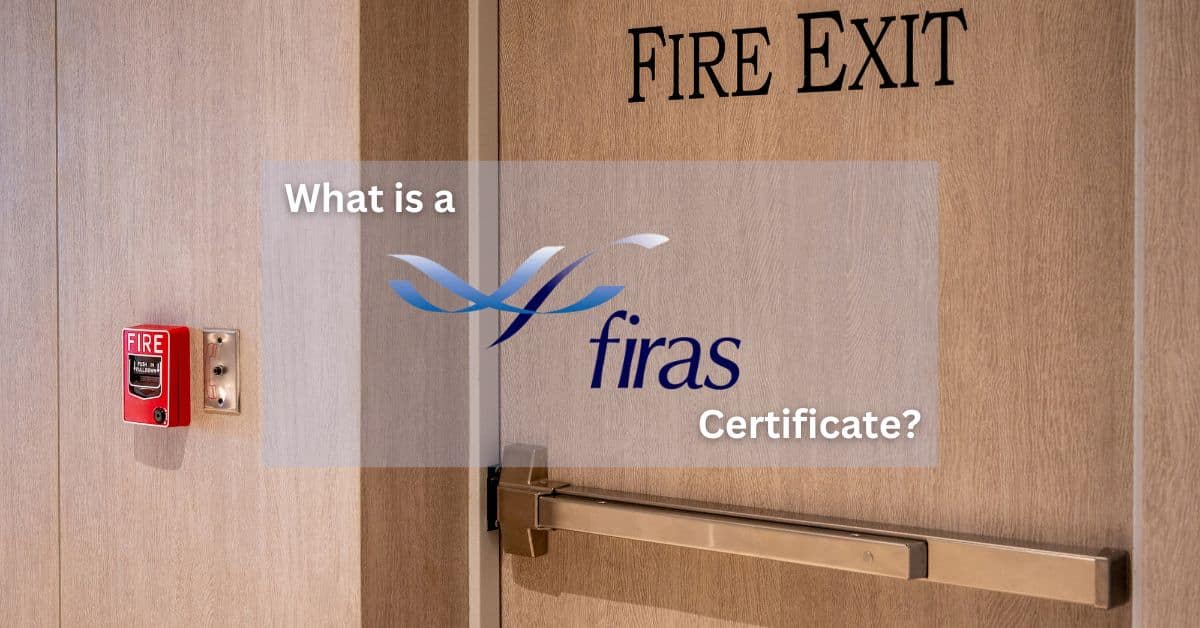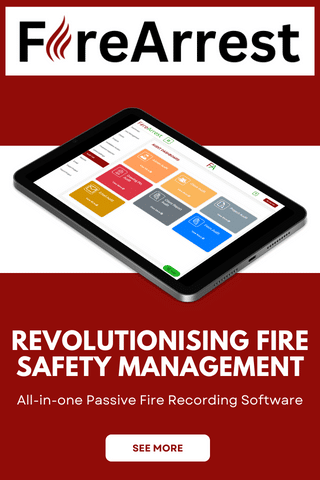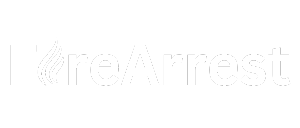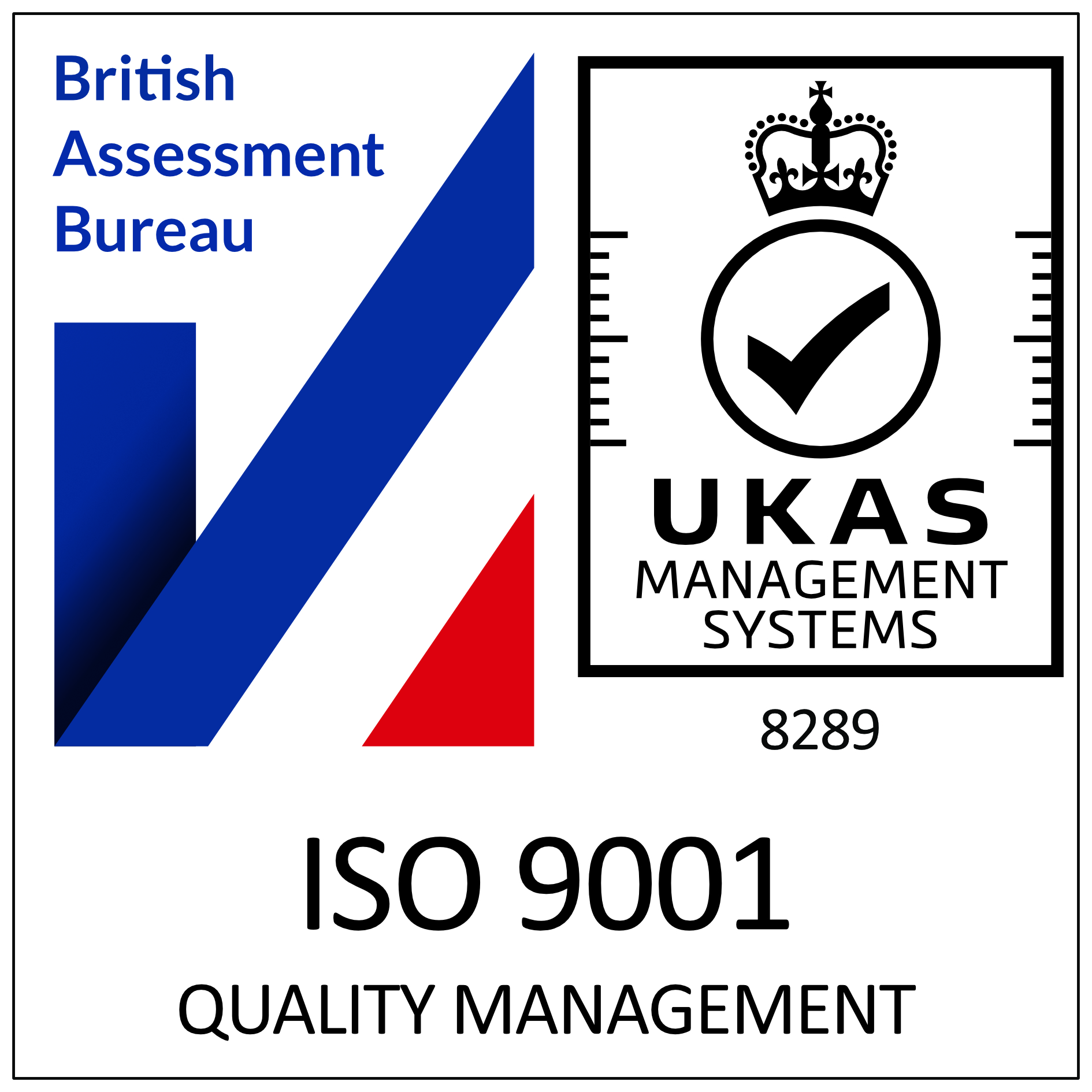FIRAS Certification represents a pinnacle of acknowledgment within the fire safety and construction industry, denoting a rigorous standard of installed fire protection systems only paralleled by use of FireArrest. This third-party certification scheme is critical for ensuring the competency and reliability of contractors installing various fire safety measures. As safety regulations evolve and construction methodologies become more complex, FIRAS stands as a testament to quality assurance and technical proficiency significantly contributing to building safety and integrity.

What is FIRAS Certification?
FIRAS Certification is a voluntary, third-party accreditation for companies involved in the installation of both passive and active fire protection systems. Established in 1994, it is a quality mark administered by Warringtonfire, an accredited body by the United Kingdom Accreditation Service (UKAS). Here’s a detailed look into the various aspects of FIRAS Certification:




